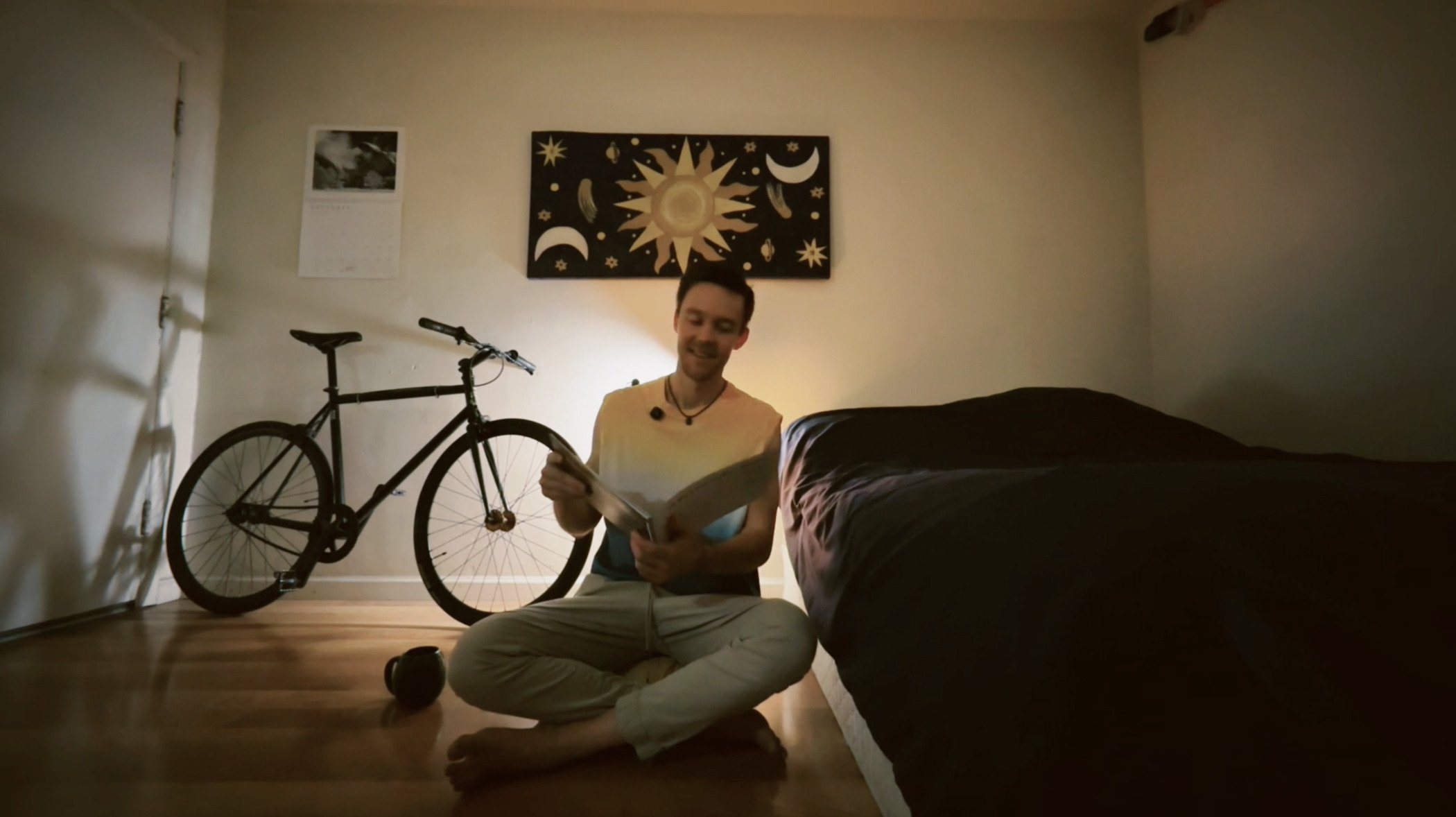Handstands and Discarding Limiting Beliefs
By Ethan Maurice | August 24, 2016
Not long ago, I couldn't even entertain the possibility of doing a handstand. Now, I can hold one for five or six seconds. At a glance, that's really not all that impressive. However, what happened between these two points in time is quite worthy of mention.
Way back when I was a little kid at recess, a bunch of my classmates were doing handstands, cartwheels, and other gymnastic type stuff. One week, it was just what everybody was doing. I'd never really tried or learned anything of a gymnastic nature and, unsurprisingly, I sucked at it. On the other hand, I played a lot of sports at home, and on the elementary school playground I always did quite well. I concluded that I was athletic, but not acrobatic.
For the next fifteen years or so, the belief that I was “athletic, but not acrobatic” shaped my life. I practiced and played all sorts of sports, believing that I was athletic, I got pretty good at many of them. I sought out athletic opportunities, but avoided acrobatic ones—I knew I was bad at those. Many years later, I still am.
Then I read a book called The Art of Learning by Josh Waitskin. A childhood chess prodigy and world-class martial artist, Josh probably understands the learning process better than anyone on earth. One of the points he drove home in his book cast light on the error of my belief:
Children who are “entity theorists”—that is, kids who have been influenced by their parents and teachers to think in this manner—are prone to use language like “I am smart at this” and to attribute their success or failure to an ingrained and unalterable level of ability. They see their overall intelligence or skill level at a certain discipline to be a fixed entity, a thing that cannot evolve. Incremental theorists, who have picked up a different modality of learning—let's call them learning theorists—are more prone to describe their results with sentences like “I got it because I worked very hard at it” or “I should have tried harder.” A child with a learning theory of intelligence tends to sense that with hard work, difficult material can be grasped—step by step, incrementally, the novice can become the master.
I realized the reason I was athletic, but never acrobatic might be simply because of my initial experiences and the beliefs they produced. I thought, “I might actually be able to do a handstand if I took some time to learn and practice?”
A few hours after watching a YouTube tutorial on handstands, I was standing on my hands.
We like to classify ourselves: Good at this, bad at that. Yes, we're predisposed to be better at some things than others, but we're often not nearly as inept at certain things as we think we are. The beliefs we hold about ourselves are just seeds that, over time, grow into reality.
What do you think you're bad at—is that belief really justified? Or, like me, is the only thing holding you back from doing a handstand, or anything else, an unwarranted belief that you can't?


